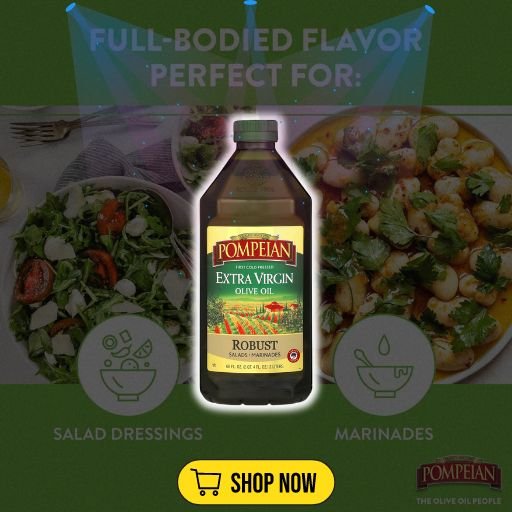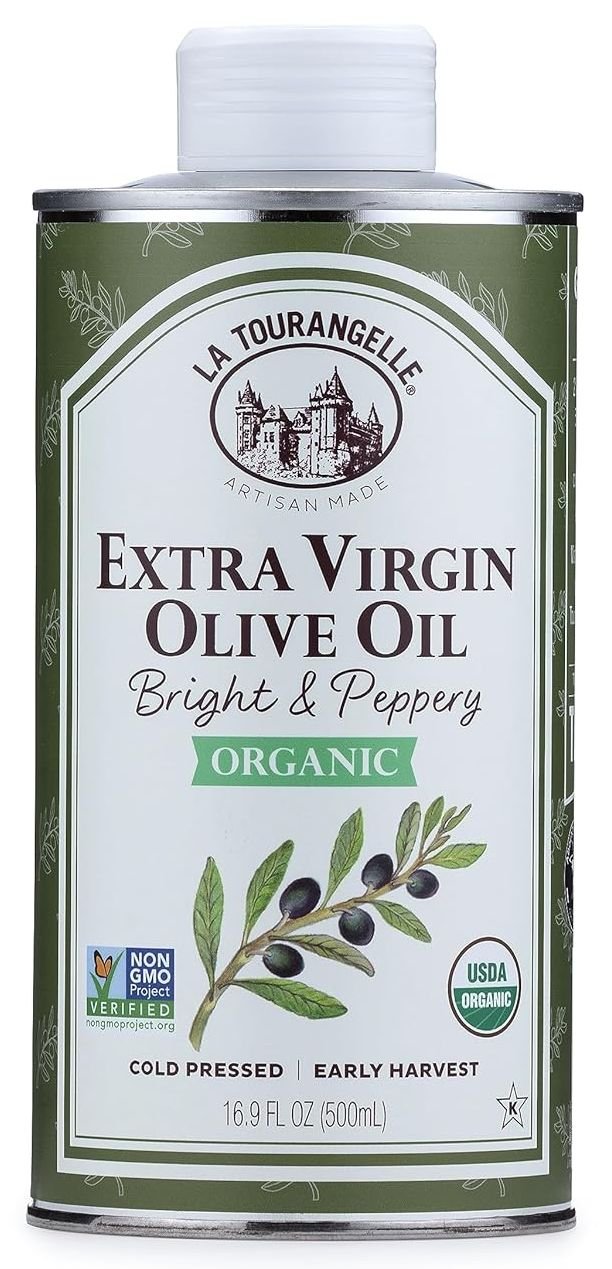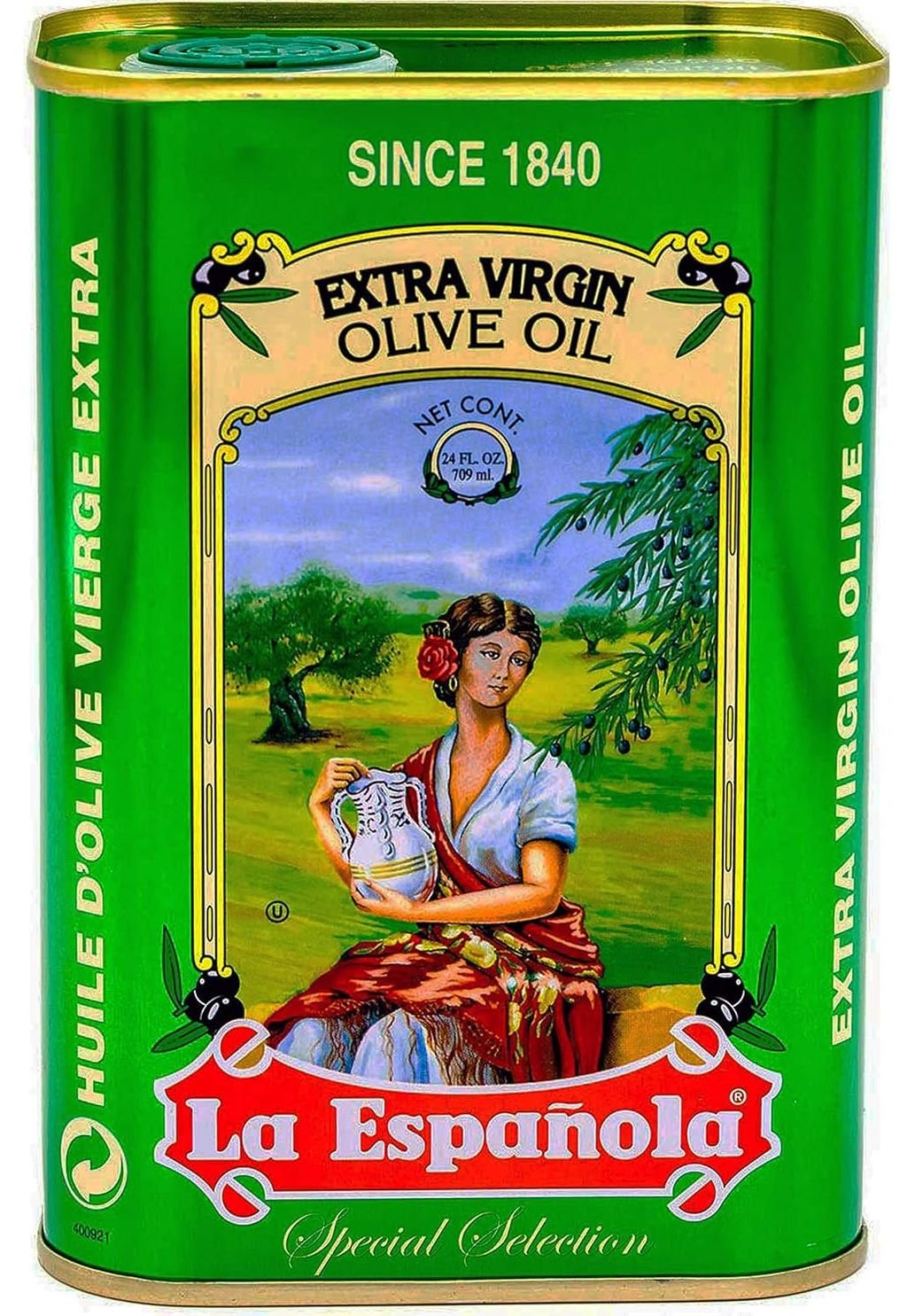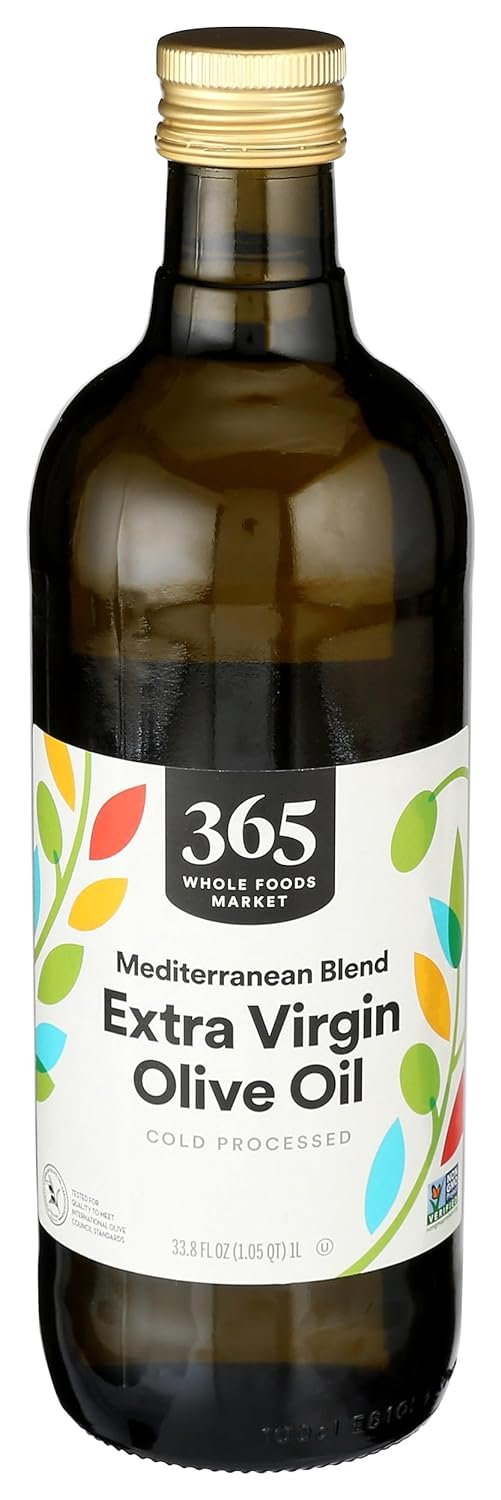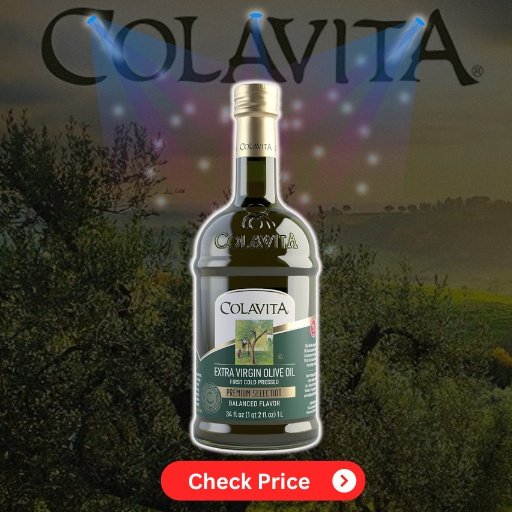Healthy Living: Olive Oil’s Calorie Breakdown
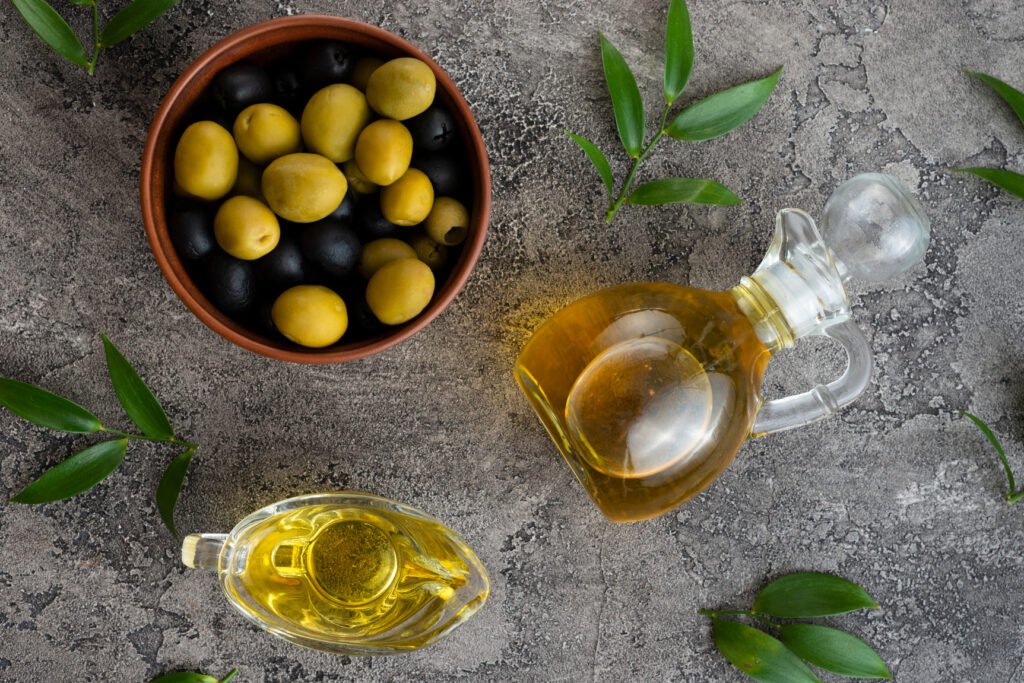
Table of Contents
Introduction
Olive oil is a staple in many kitchens around the world, celebrated for its rich flavor and numerous health benefits. But how many calories are in 1 teaspoon of olive oil? Understanding the calorie content of olive oil is essential for those who are mindful of their dietary intake. In this blog post, we’ll explore the nutritional value of olive oil, focusing on the calorie count in a single teaspoon, and how it fits into a balanced diet. Whether you’re using it for cooking, dressing salads, or as a finishing touch to dishes, knowing the caloric impact can help you make informed choices.
What Is Olive Oil?
Olive oil is a natural oil extracted from olives, the fruit of the olive tree (Olea europaea). It comes in various forms, including extra virgin, virgin, and pure olive oil, each differing in flavor, aroma, and nutritional content. Extra virgin olive oil is the highest quality, obtained from the first pressing of olives without the use of heat or chemicals, preserving its natural antioxidants and vitamins.
Historically, olive oil has been a key component of the Mediterranean diet for thousands of years, prized for its culinary and medicinal properties. It’s not only used for cooking but also in skincare, cosmetics, and traditional medicine. The rich history and versatile uses of olive oil make it a valuable addition to any diet.
Nutritional Breakdown of Olive Oil
Olive oil is predominantly composed of healthy fats, making it a nutritious addition to your diet. Here’s a detailed look at its nutritional profile:
- Fats: Olive oil is rich in monounsaturated fats, particularly oleic acid, which is known to support heart health. It also contains smaller amounts of polyunsaturated and saturated fats.
- Calories: One teaspoon of olive oil contains approximately 40 calories, primarily from fat.
- Vitamins: Olive oil is a good source of Vitamin E, an antioxidant that helps protect cells from damage. It also contains Vitamin K, essential for blood clotting and bone health.
- Antioxidants: Extra virgin olive oil is packed with antioxidants like polyphenols and carotenoids, which contribute to its anti-inflammatory properties and health benefits.
- Other Nutrients: While not significant in protein or carbohydrates, olive oil provides minor amounts of other nutrients and compounds that support overall well-being.
Understanding these components highlights why olive oil is considered a healthy fat, beneficial for heart health, anti-inflammatory effects, and overall nutrition.

Calories in 1 Teaspoon of Olive Oil
One teaspoon of olive oil contains approximately 40 calories. This may seem minimal, but it’s important to consider how quickly these calories can add up, especially if you use olive oil frequently in cooking and dressings.
Olive oil is calorie-dense because it is almost entirely composed of fat. However, the fats in olive oil are predominantly monounsaturated fats, which are known for their heart health benefits. Despite its high-calorie content, the type of fat in olive oil can support a healthy diet when used in moderation.
When measuring olive oil, it’s crucial to be mindful of portion sizes to maintain a balanced caloric intake. A little goes a long way, and even a small amount can impart a rich flavor and nutritional benefits to your dishes. Understanding the caloric content helps in managing your overall daily calorie consumption while still enjoying the benefits of this healthy fat.
Understanding the calories in 1 tsp olive oil is essential for anyone looking to maintain a balanced diet while enjoying the numerous health benefits this oil offers. A single teaspoon of olive oil contains approximately 40 calories, primarily derived from its healthy monounsaturated fats, particularly oleic acid, which is known for its heart-protective properties. Olive oil, especially the extra virgin variety, is rich in antioxidants such as polyphenols and Vitamin E, which combat inflammation and reduce the risk of chronic diseases. The history of olive oil dates back thousands of years, with its roots in the Mediterranean region, where it has been a dietary staple and a symbol of health and longevity.
Its versatility in cooking, from salad dressings and marinades to sautéing and baking, makes it a favorite among chefs and home cooks alike. Besides its culinary uses, olive oil is also prized for its benefits in skin care and hair care, offering natural moisturization and nourishment. By incorporating olive oil into your diet in mindful portions, you can enjoy its rich flavor and health advantages without compromising your caloric intake.

You Might Like: Discover the Wonders of Atlas Olive Oil
Health Benefits of Olive Oil: Calories in 1 tsp olive oil
Olive oil is not only a flavorful addition to meals but also offers numerous health benefits:
- Heart Health: The high content of monounsaturated fats, particularly oleic acid, helps reduce bad cholesterol (LDL) levels and increase good cholesterol (HDL) levels, supporting overall cardiovascular health.
- Anti-inflammatory Properties: Olive oil is rich in antioxidants, such as oleocanthal and polyphenols, which have potent anti-inflammatory effects. These compounds can help reduce inflammation, which is linked to chronic diseases like heart disease and arthritis.
- Antioxidant Protection: Extra virgin olive oil contains a significant amount of antioxidants, which protect cells from oxidative damage caused by free radicals. This can help reduce the risk of chronic diseases and support overall health.
- Digestive Health: Olive oil can aid in digestion by promoting the production of bile and pancreatic enzymes. It also has a mild laxative effect, which can help prevent constipation.
- Skin and Hair Benefits: The vitamins and antioxidants in olive oil can nourish the skin and hair. It is often used in skincare and hair care products for its moisturizing and protective properties.
- Weight Management: While calorie-dense, olive oil can be part of a weight management plan when used in moderation. The healthy fats help you feel fuller longer, potentially reducing overall calorie intake.
Incorporating olive oil into your diet can contribute to better health and well-being, making it a valuable component of a balanced diet.
Comparing Olive Oil with Other Oils
When choosing cooking oils, it’s essential to understand how olive oil compares with other popular options. Here’s a comparison based on various factors:
- Nutritional Profile: Olive oil is high in monounsaturated fats, particularly oleic acid, which promotes heart health. In contrast, canola oil also contains a good balance of monounsaturated and polyunsaturated fats. Coconut oil, however, is high in saturated fats, which can raise cholesterol levels if consumed in excess.
- Caloric Content: All oils are calorie-dense, with approximately 120 calories per tablespoon. Olive oil, canola oil, and sunflower oil share similar calorie counts, while coconut oil is slightly higher due to its saturated fat content.
- Smoke Point: The smoke point is the temperature at which an oil begins to smoke and degrade. Extra virgin olive oil has a moderate smoke point (around 375°F or 190°C), suitable for most cooking methods. Refined olive oil and other oils like canola, sunflower, and avocado oil have higher smoke points, making them better for high-heat cooking.
- Flavor: Olive oil has a distinctive, robust flavor, especially extra virgin varieties, which can enhance the taste of dishes. Canola and sunflower oils are more neutral in flavor, making them versatile for various recipes. Coconut oil has a unique, sweet flavor that works well in certain dishes but may not be suitable for all types of cooking.
- Health Benefits: Olive oil stands out for its rich content of antioxidants and anti-inflammatory properties. Canola oil is also considered heart-healthy due to its balanced fat profile. Coconut oil has been touted for its medium-chain triglycerides (MCTs), which may have some metabolic benefits, but its high saturated fat content is a concern for cardiovascular health.
- Best Uses: Olive oil is excellent for dressings, drizzling, sautéing, and baking. Canola oil is versatile and good for frying and baking. Sunflower oil is ideal for high-heat cooking, while coconut oil is best used in baking or dishes where its flavor complements the ingredients.
Understanding these differences helps you choose the best oil for your cooking needs and health goals, making informed decisions about incorporating healthy fats into your diet.
Frequently Asked Questions
Can olive oil help with weight loss? Yes, olive oil can be part of a weight loss diet when used in moderation. Its healthy fats can help you feel fuller for longer, potentially reducing overall calorie intake. However, it’s calorie-dense, so portion control is essential.
Is it safe to cook with olive oil at high temperatures? Extra virgin olive oil has a moderate smoke point of around 375°F (190°C), making it suitable for most cooking methods like sautéing and baking. For high-heat cooking, such as frying, using refined olive oil or other high smoke point oils like avocado oil is recommended.
How should olive oil be stored to maintain its quality? Store olive oil in a cool, dark place, away from heat and light, to prevent it from becoming rancid. Keeping it in a dark glass bottle or a tin can help protect it from light exposure. Always ensure the cap is tightly closed after each use.
How much olive oil should I consume daily? While there’s no one-size-fits-all answer, consuming 1-2 tablespoons of olive oil per day is generally considered beneficial for health. This amount provides the healthy fats and antioxidants needed without excessive calorie intake.
What are the differences between extra virgin olive oil and regular olive oil? Extra virgin olive oil is the highest quality, made from the first pressing of olives without chemicals or heat, preserving its natural flavors, antioxidants, and vitamins. Regular olive oil, also known as pure or light olive oil, undergoes more processing and refining, resulting in a lighter flavor and fewer nutrients.
Can I use olive oil for skin and hair care? Yes, olive oil is commonly used in skincare and hair care routines. Its moisturizing and antioxidant properties make it excellent for hydrating skin and hair, reducing dryness, and providing a natural shine. Use it as a moisturizer, hair mask, or as an ingredient in homemade beauty products.
These frequently asked questions address common concerns and provide practical advice on incorporating olive oil into your diet and daily routine.
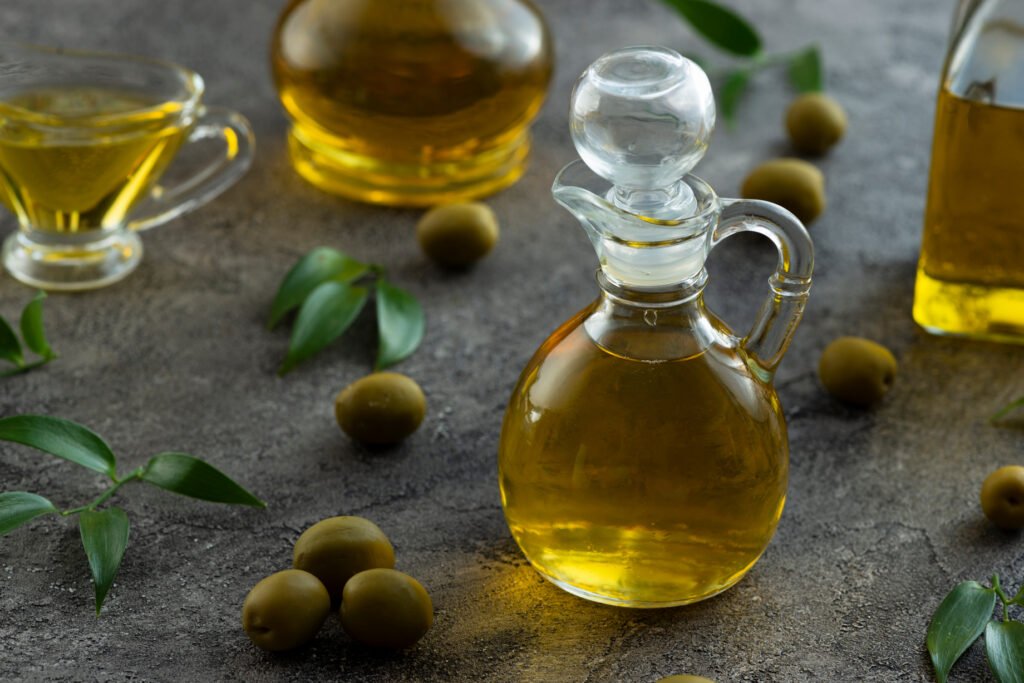
Conclusion
Olive oil is a versatile and nutritious addition to any diet, offering numerous health benefits from its rich content of monounsaturated fats and antioxidants. Understanding the calorie content in 1 teaspoon of olive oil helps in managing your dietary intake while still enjoying its flavorful and beneficial properties. Whether used in cooking, salad dressings, or as part of beauty routines, olive oil stands out for its unique qualities and health-promoting effects.
By incorporating olive oil mindfully, you can enhance the taste and nutritional value of your meals while supporting overall health and well-being. Remember to choose high-quality extra virgin olive oil for the best results and store it properly to maintain its freshness and benefits. Enjoy the many advantages of this timeless, healthy fat as part of a balanced and varied diet.


